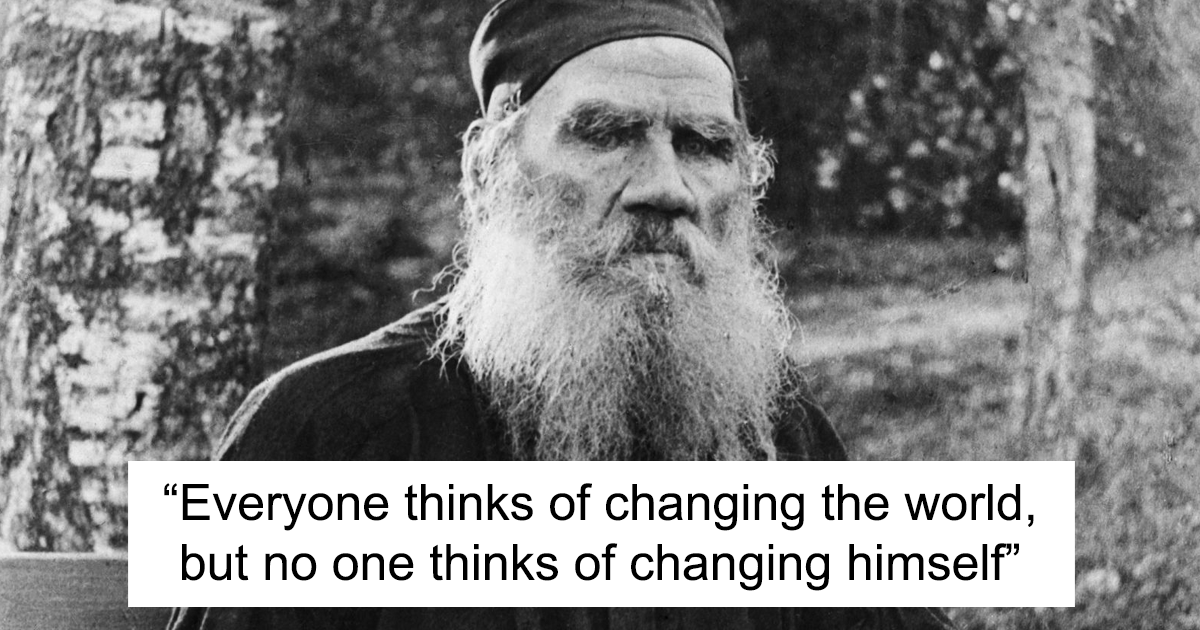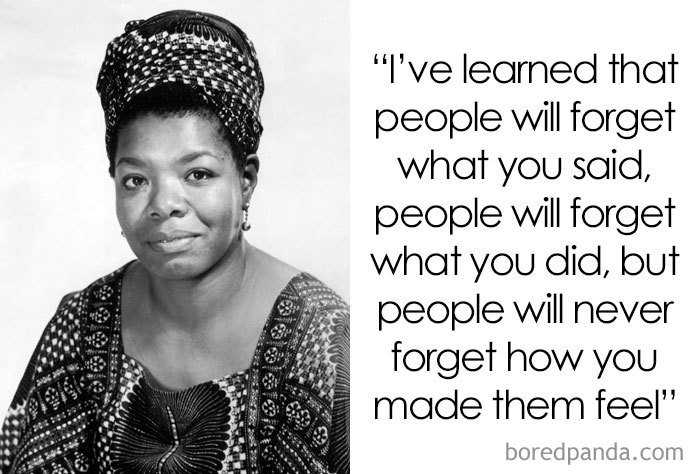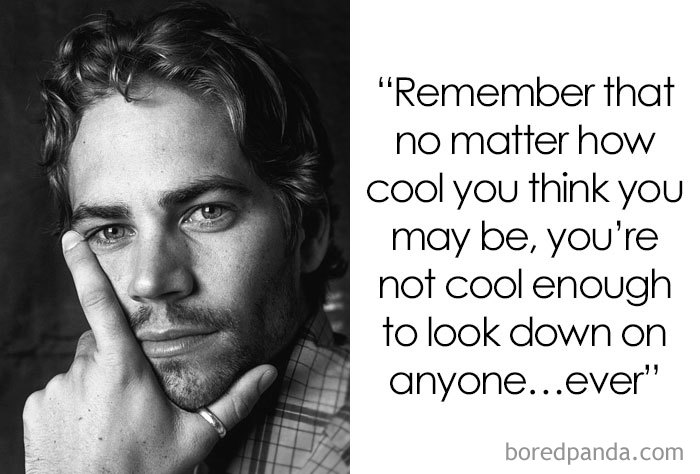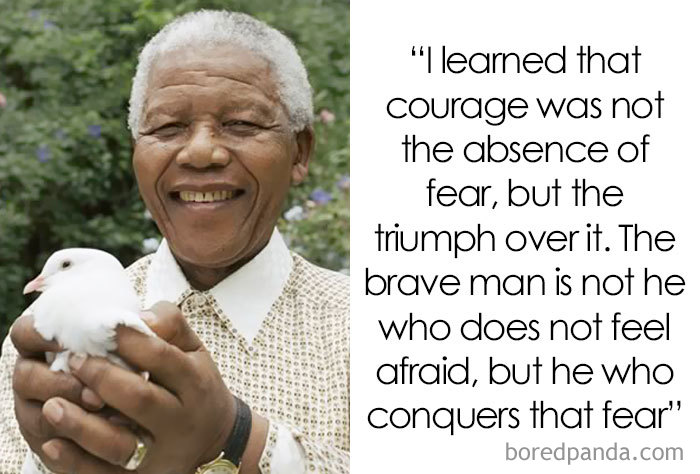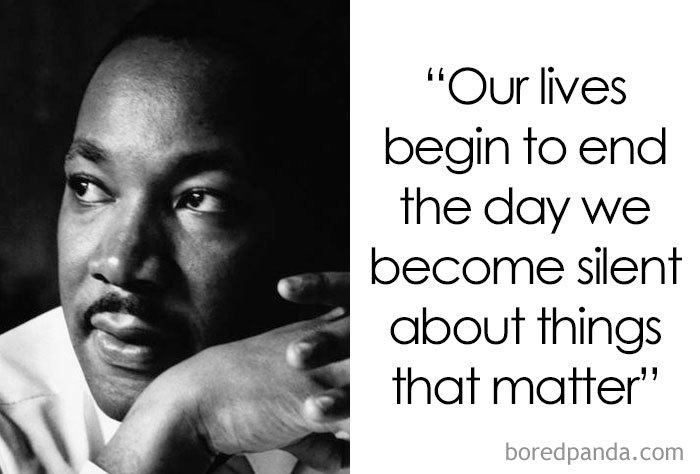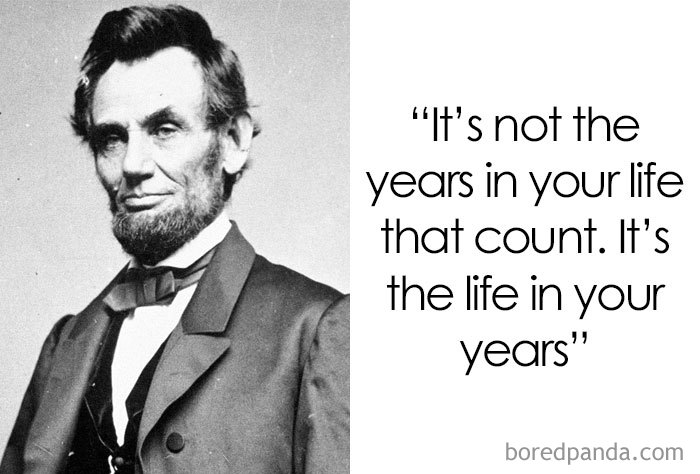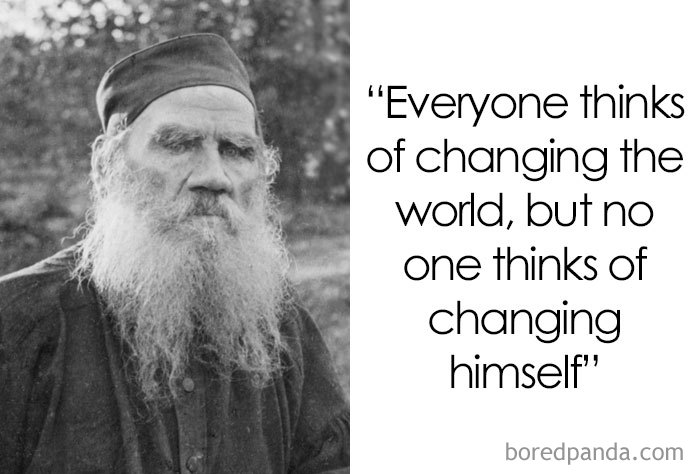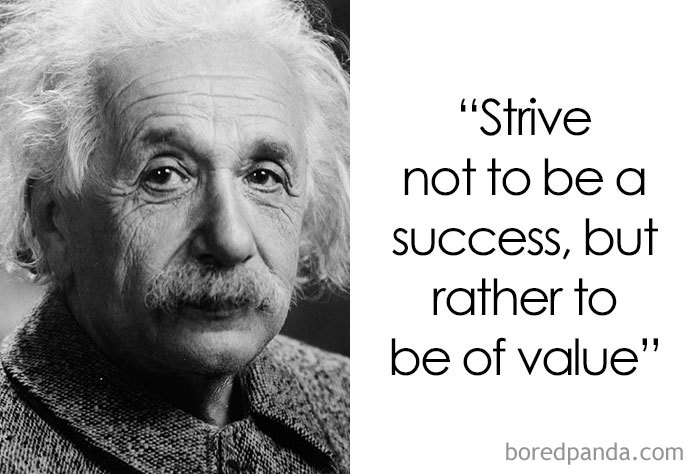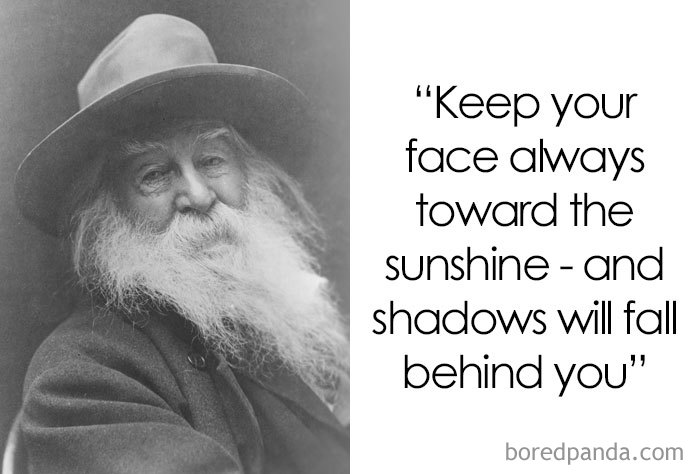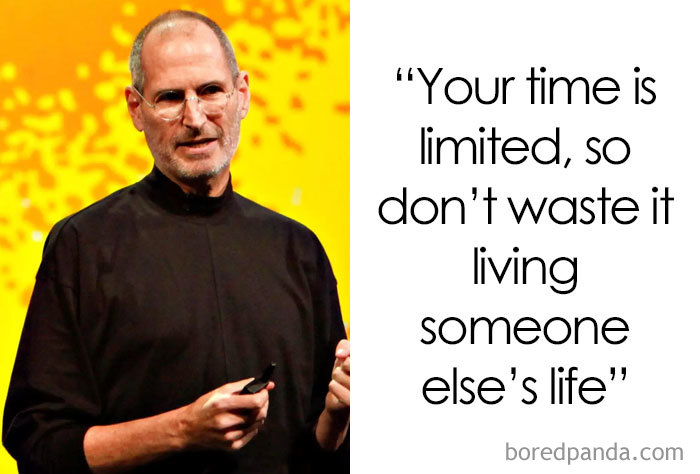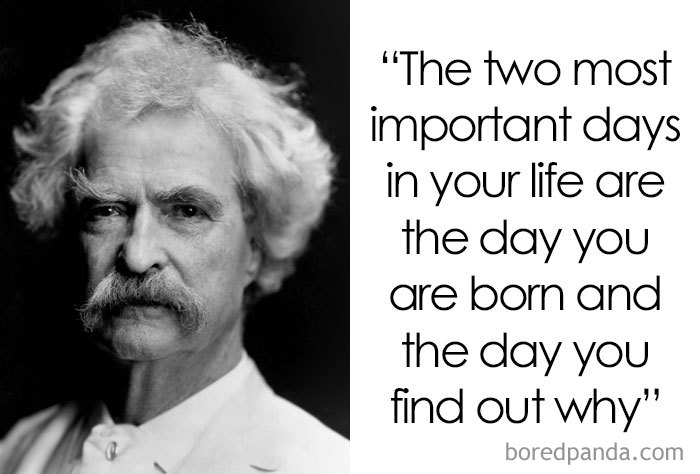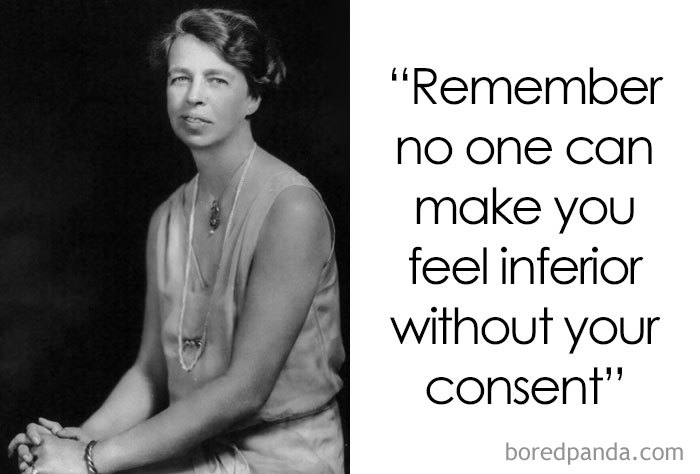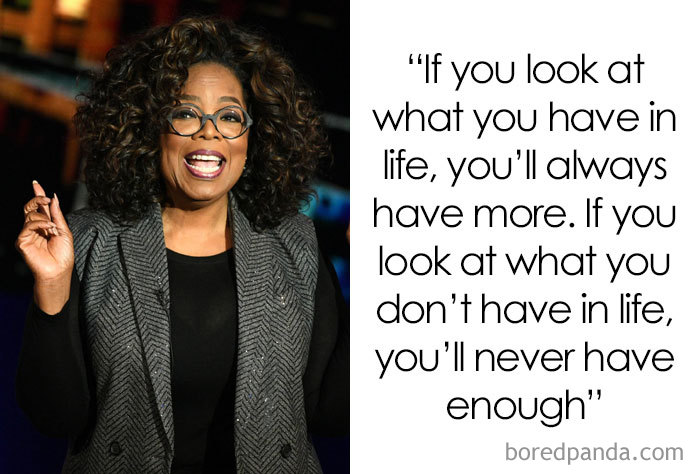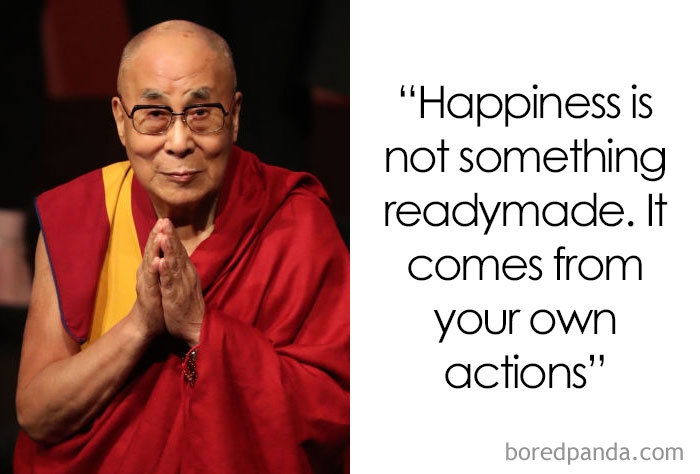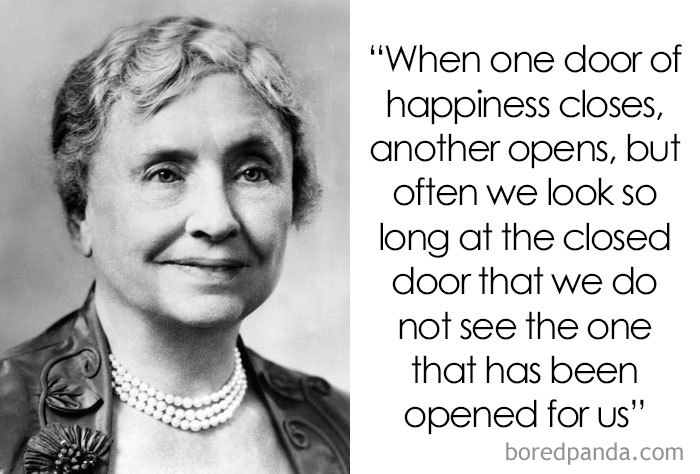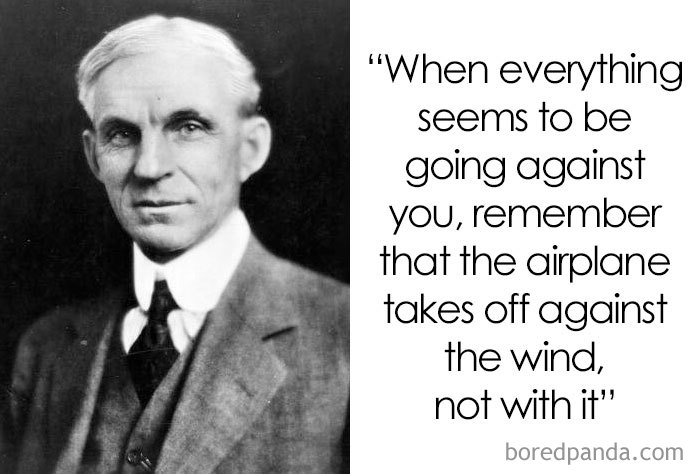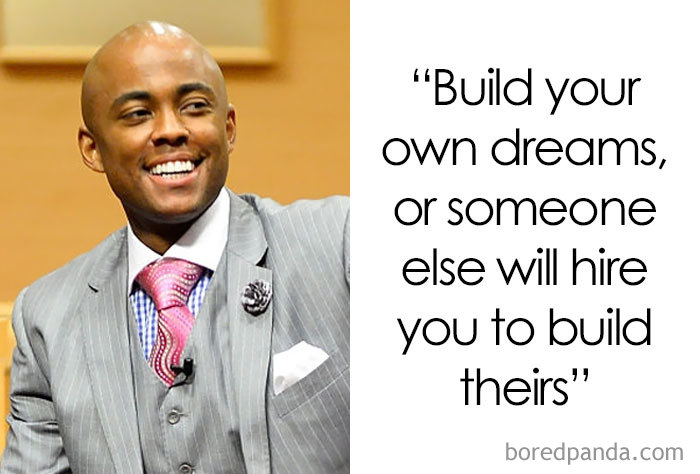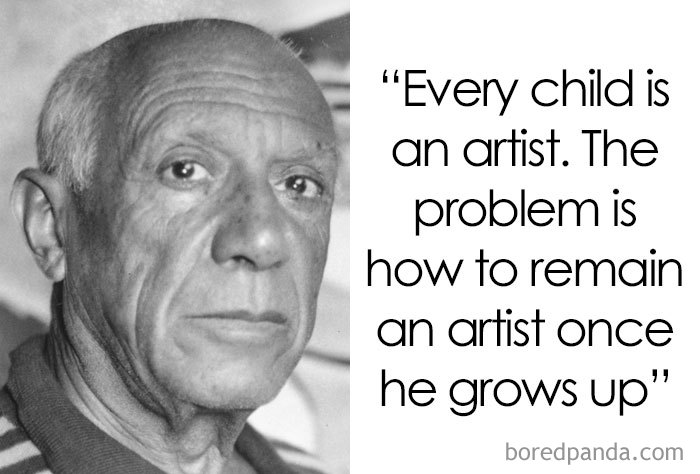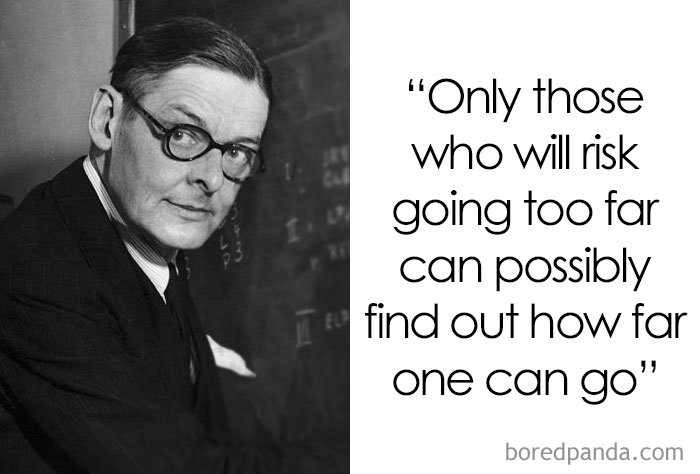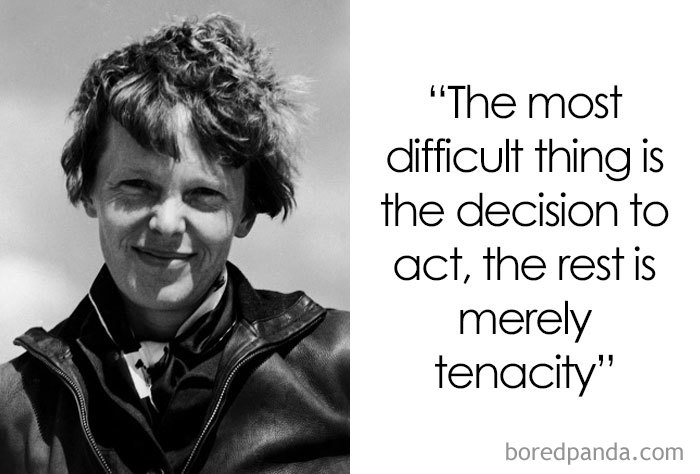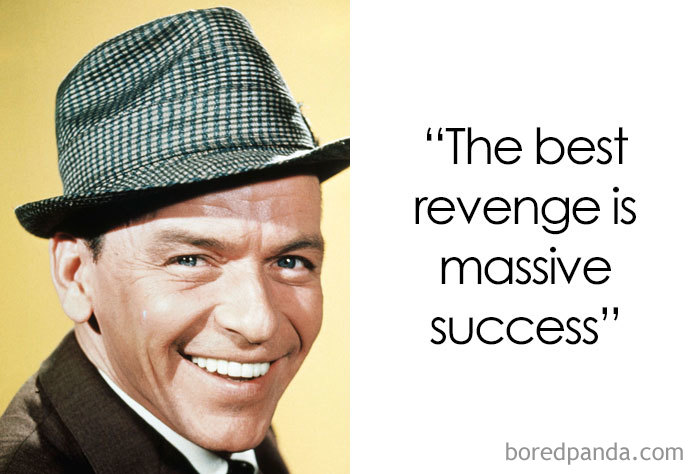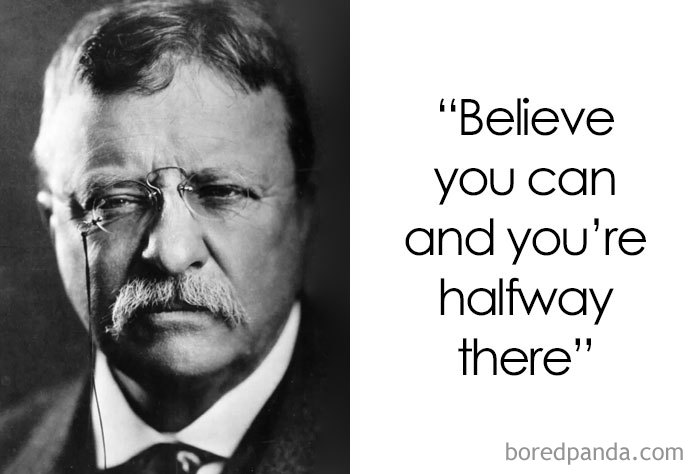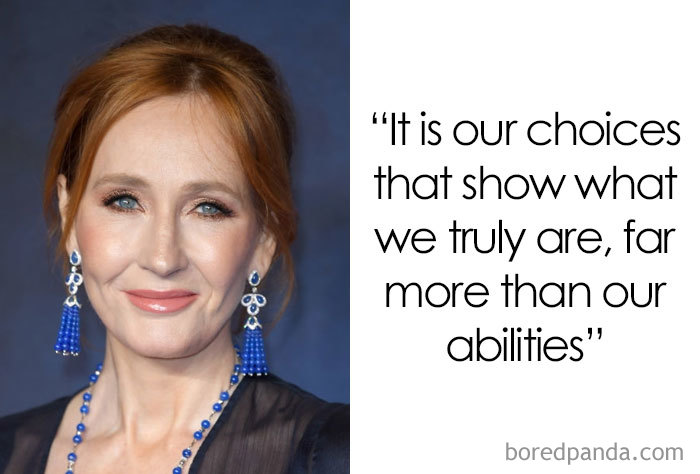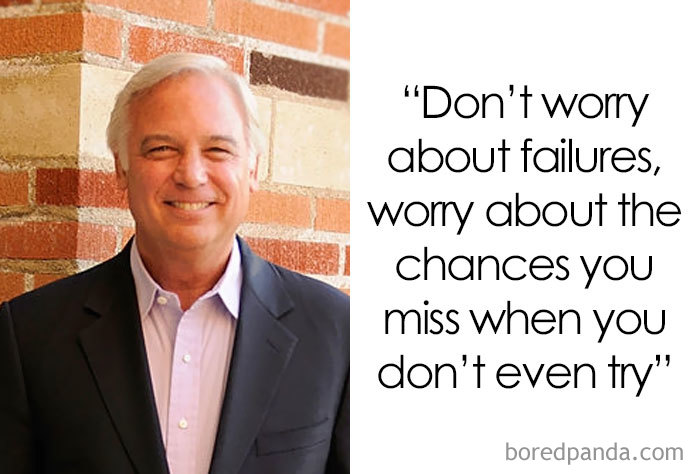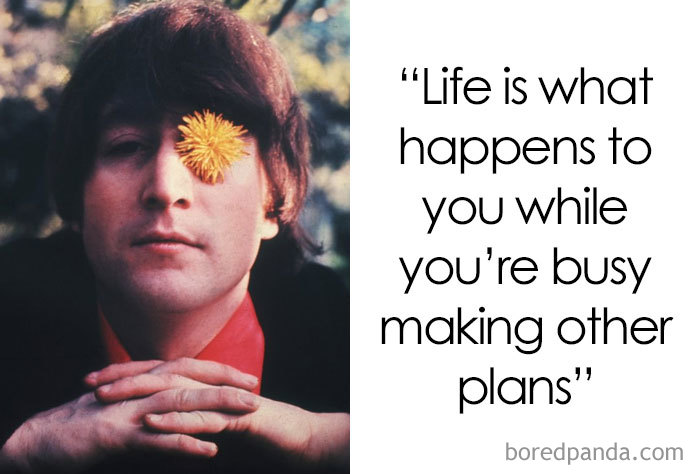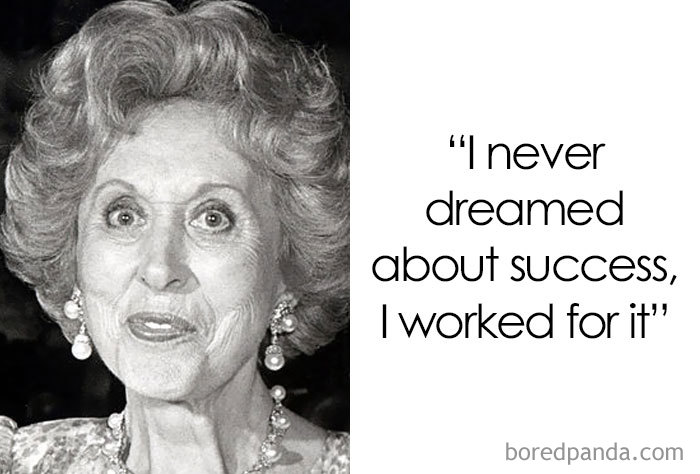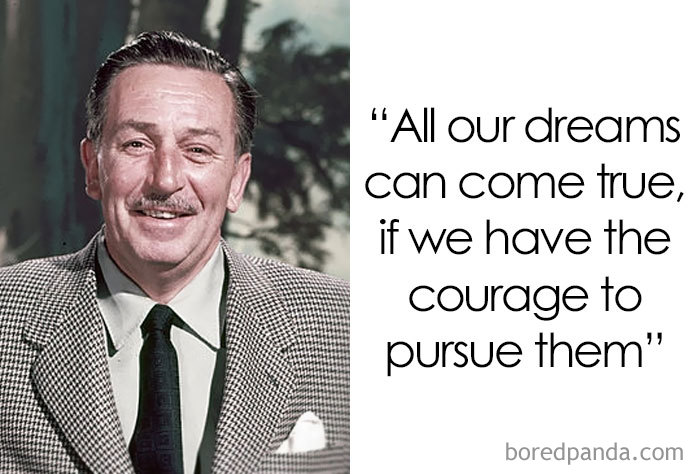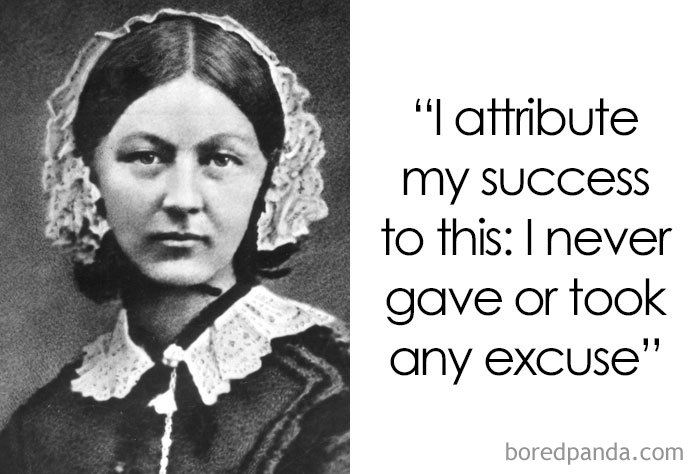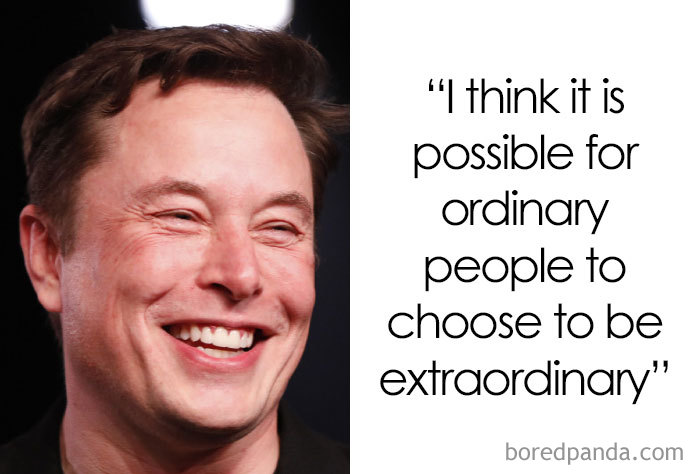Famous quotes can originate from any place or person. You might never come to hear it, but there are plenty of regular but wise people who share their wisdom with those closest to them. Today though, we’re talking about famous inspiring quotes from people who have left a mark on the history of the world.
The authors of these famous quotes about life include people from many different paths of life. Nelson Mandela, Vincent Van Gogh, Paul Walker, Maya Angelou, and so on. People who witnessed many hardships and experiences throughout their lives, each differing from another. So, if you are wondering what might be some of the most famous, inspiring, and wise quotes, these inspirational quotes by famous people can provide many suitable options.
With no further delay, dig into these greatest of the greatest quotes and let in the wisdom that they share. Let us know in the comments which are your favorites and which had the biggest effect on you.
This post may include affiliate links.
Maya Angelou
This is my mom and me when I'm upset with my sister. What'd she say? I don't remember but it made me mad
A good motivational quote can lift your spirits and turn your day around - but how does the right crafting of words hold so much power? The answer is in psychology. Although motivational psychology doesn't work on everyone, Jonathan Fader, PhD, founder of the Union Square Practice in New York City, says there is a certain segment of the population that is drawn to motivational quotes. These messages when said from the right source can strengthen the incentive power, “There’s a little bit of implicit coaching that’s happening when you’re reading it. It’s building that self-efficacy in that kind of dialogue that you’re having with yourself,” Fader says.
Paul Walker
Nelson Mandela
Quotes become famous not on the message alone but through the power of each word. Ward Farnsworth, dean of the University of Texas School of Law and author of Farnsworth’s Classical English Rhetoric explains that people have an “appetite for well-expressed wisdom, motivational or otherwise": ”Students of Latin see examples of aphorisms from 2,000 years ago, such as ubi concordia, ibi victoria, ‘where there is unity, there is victory.’ Usually, these sayings involve some keen insight put into memorable wording. They are little triumphs of rhetoric, in the old and positive sense of the word.”
Martin Luther King
Abraham Lincoln
The right combination or phrasing of words are what dictate how effective the message is, whether it is good or bad. a 2000 study by cognitive scientists at Lafayette College found that when people were shown two versions of the same saying, participants were more likely to point to the rhyming aphorism as true: "Our results suggest that rhyme, like repetition, affords statements an enhancement in processing fluency that can be misattributed to heightened conviction about their truthfulness."
Vincent Van Gogh
Lev Tolstoy
Some of the best dating advice I ever got; "Everyone is looking for the right person but hardly anyone is trying to be the right person."
As it turns out our brains are less concerned with the details of the words than they are with pleasing wording. An example of an attractive word arrangement is 'parallel construction,' where two halves of a claim are balanced. “An example is the use of parallel construction, so that the two halves of a claim are attractively balanced, such as ‘marry in haste, repent at leisure.’ The reversal of structure, or ‘chiasmus,’ is also attractive—‘ask not what your country can do for you; ask what you can do for your country,’” explained Farnsworth.
Albert Einstein
Walt Whitman
When most of us look for quotes to inspire often we look towards ones with famous names attached - which media psychology expert and communications consultant Scott Sobel, founder of Media & Communications Strategies, Inc. in Washington, D.C. says is because of biology. "“Humans are aspirational. We want to look up to role models and leaders and follow what they ask,” he says. “Leaders and their words–inspirational quotes–affect us on a primal level.”
Steve Jobs
Steve Jobs didn't say this. It's a quote from a piece of writing from a Spanish author I think. Anyway, this has been shared around the internet so much that everyone believes it. Nice quote, just not from Steve Jobs.
Mark Twain
I was born to remind everyone that Samuel Clemens didn't like being referred to as Mark Twain when addressed, or spoken about.
Eleanor Roosevelt
As a survivor of sexual assault, this one bothers me. I understand it in context, but as a sound bite, it's pretty hurtful. The year I was raped, my high School English teacher had it on the wall in huge print. I had to read it every morning.
Stephen Hawking
Oprah Winfrey
Said the wealth hoarding billionaire. “What YOU have is enough. But I need billions.”
The Dalai Lama
Helen Keller
She was a champion for the rights of others and fricking brilliant to boot.
Henry Ford
Farrah Gray
Pablo Picasso
Thomas Stearns Eliot
Amelia Earhart
Kinda weird getting downvoted for wondering what happened to Amelia Earhart. Y'all okay with not knowing the answer to one of life's most famous mysteries? Because I'm curious enough to want to know where she is/was.
Frank Sinatra
Theodore Roosevelt
Another one of my fave quotes of his: Whether you think you can or you think you can't - you're right.
J. K. Rowling
Jack Canfield
John Lennon
Not to take the King's crown, but John Lennon "borrowed" that lyric from famous journalist Allen Saunders. This is well known.
Estée Lauder
Walt Disney
Florence Nightingale
Elon Musk
I guess that must be why he's under criminal investigation by the DOJ, and has been served SEC indictments for a number of fraud charges; He chose to be EXTRAordinary. I admit, he's been successful, but at what cost to his character? He was not born into anything 'ordinary.' He went to all private schools in apartheid South Africa, wealthy father, Mom is a supermodel, dodged military service by moving to Canada... typical rich kid set up to become another generation of greedy adult. He chose to follow the path that was laid out in front of him.
Oh, so are we giving good quotes from people? OK, here's one from David Bowie. He was interviewed in 1975 by Russell Harty on ITV (I was only 5 years old and in the US in 1975, but I saw it on YouTube several years ago and it's still up, I think). When Harty asked Bowie whether he was disciplined, Bowie said: "Discipline doesn’t mean that you make sure you have breakfast at 8 o'clock in the morning and you are out of the house at half past eight. Discipline is if you conceive something, then you decide whether or not it's worth following through—and if it's worth following through, then you follow it through to its logical conclusion, and doing it to the best of your ability." Not bad for a man who was probably coked to the gills during the interview, eh? And he demanded he get his allotted airtime and not be preempted (the interview was live), no matter that Generalissimo Francisco Franco had just died!
Oh, so are we giving good quotes from people? OK, here's one from David Bowie. He was interviewed in 1975 by Russell Harty on ITV (I was only 5 years old and in the US in 1975, but I saw it on YouTube several years ago and it's still up, I think). When Harty asked Bowie whether he was disciplined, Bowie said: "Discipline doesn’t mean that you make sure you have breakfast at 8 o'clock in the morning and you are out of the house at half past eight. Discipline is if you conceive something, then you decide whether or not it's worth following through—and if it's worth following through, then you follow it through to its logical conclusion, and doing it to the best of your ability." Not bad for a man who was probably coked to the gills during the interview, eh? And he demanded he get his allotted airtime and not be preempted (the interview was live), no matter that Generalissimo Francisco Franco had just died!

 Dark Mode
Dark Mode 

 No fees, cancel anytime
No fees, cancel anytime 






